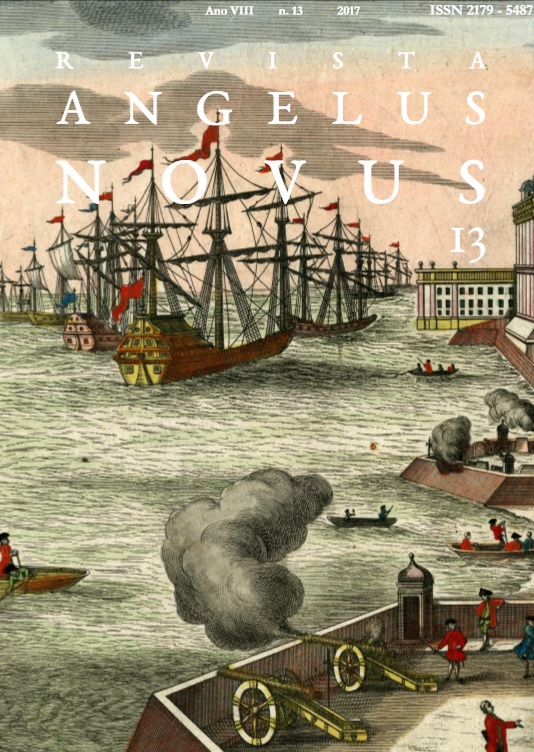The Portuguese monetary reformation of 1688
Its impact on Brazil and the mercantilist ideas
DOI:
https://doi.org/10.11606/issn.2179-5487.v13i13p31-47Keywords:
currency, monetary law of 1688, patacas, money of account, debasement, colonial commerce, mercantilismAbstract
This article aims to contribute to the knowledge about money problems in Brasil at the end of 17th century. At that time, Portugal and vast regions of Europe went through a long economic stagnation, associated with the secular recessive trend that would have mastered that century. Within the parameters of the mercantilist thougth, among other measures, the Portuguese Government undertook a monetary reform for the purpose of remedy at least in part, money evasion suffered by the kingdom. It was decided that reformist law of August 1688 should be applied to Brazil, where it triggered many complaints because the monetary reform, if applied in the colony, would diminish the value of most currencies circulating in the main squares of Portuguese America.Downloads
Download data is not yet available.
Downloads
Published
2017-04-18
Issue
Section
Dossiê temático: Império e Colonização
License
Copyright (c) 2017 Rafael da Silva Coelho

This work is licensed under a Creative Commons Attribution-NonCommercial 4.0 International License.
1. Proposta de Política para Periódicos de Acesso Livre
Autores que publicam nesta revista concordam com os seguintes termos:
- Autores mantém os direitos autorais e concedem à revista o direito de primeira publicação, com o trabalho simultaneamente licenciado sob a Creative Commons Attribution License que permitindo o compartilhamento do trabalho com reconhecimento da autoria do trabalho e publicação inicial nesta revista.
- Autores têm autorização para assumir contratos adicionais separadamente, para distribuição não-exclusiva da versão do trabalho publicada nesta revista (ex.: publicar em repositório institucional ou como capítulo de livro), com reconhecimento de autoria e publicação inicial nesta revista.
- Autores têm permissão e são estimulados a publicar e distribuir seu trabalho online (ex.: em repositórios institucionais ou na sua página pessoal) a qualquer ponto antes ou durante o processo editorial, já que isso pode gerar alterações produtivas, bem como aumentar o impacto e a citação do trabalho publicado (Veja O Efeito do Acesso Livre).
How to Cite
The Portuguese monetary reformation of 1688: Its impact on Brazil and the mercantilist ideas. (2017). Revista Angelus Novus, 13, 31-47. https://doi.org/10.11606/issn.2179-5487.v13i13p31-47






